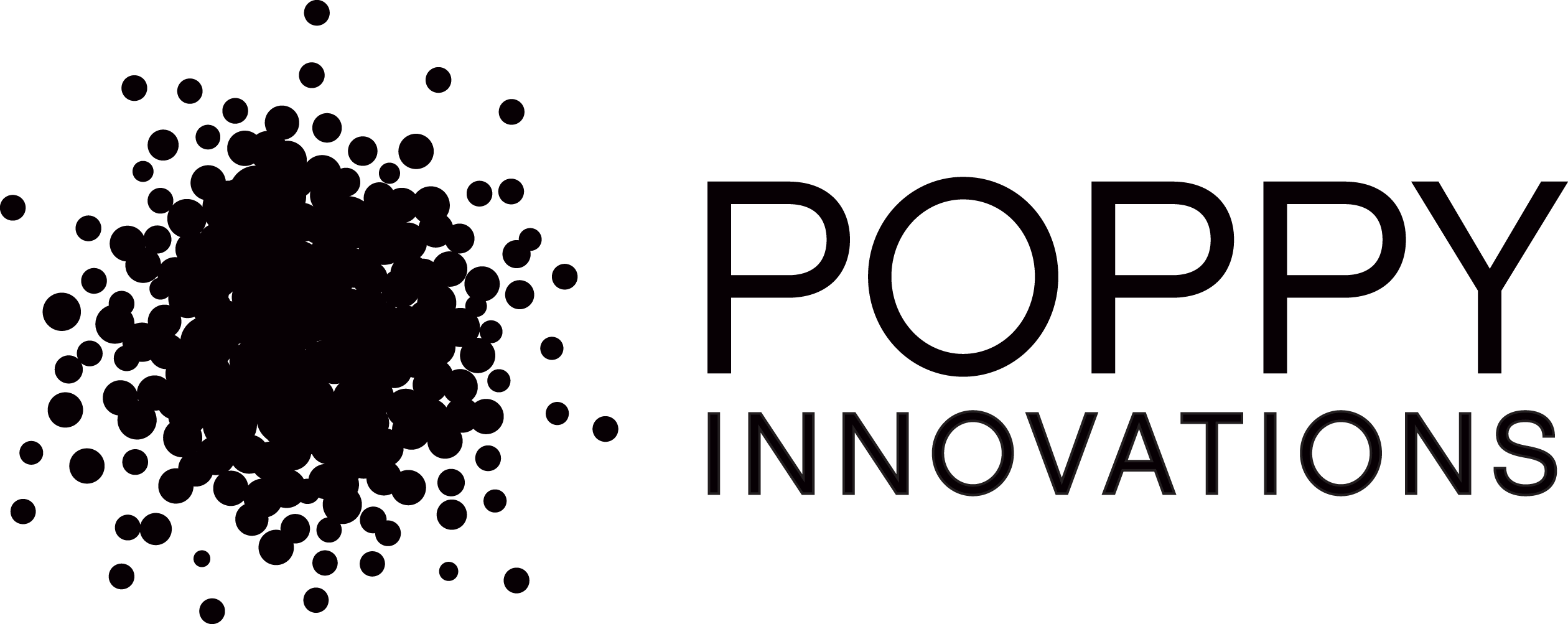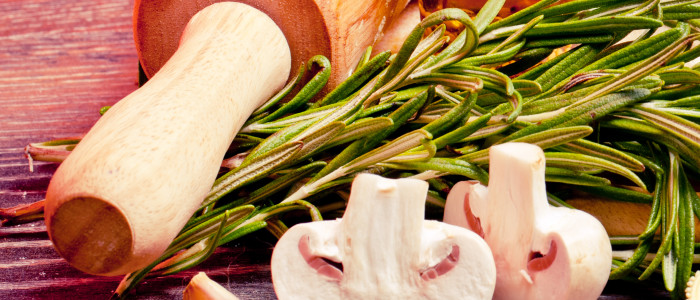Michael Pollan on the Benefits of Home Cooking
Michael Pollan’s new interview with the Boston Globe is an interesting read on the health and social benefits of cooking.
Michael Pollan’s 2006 book, “The Omnivore’s Dilemma,” detailed the complex system of farms, feedlots, and food science laboratories that deliver food to the modern dinner table, and helped fuel a growing food movement. His newest work, “Cooked: A Natural History of Transformation,” recently published in paperback, turns his attention to how plants and animals are transformed into meals and explores why cooking is important.
After “Omnivore,” Pollan focused on the human end of the food chain, looking at food choices and their impact on health. “I realized cooking was the answer to a lot of questions that I’ve been exploring in my work,” Pollan, 59, says. For “Cooked,” he apprenticed with a series of culinary experts — from a North Carolina barbecue pit master to a celebrated baker — to understand the ecological, nutritional, and cultural impacts of cooking from scratch.
“I got into this as someone who was very interested in the environment and how we engage with the natural world,” Pollan says. “I like to cook and I knew how to grill, make pasta, pretty basic stuff. But there was a lot for me to learn.”
Q. How did it happen that you turned your attention from agriculture to cooking?
A. I began to realize that if people insist on having their food cooked by fast food corporations or processed food corporations, we weren’t going to build this alternative agriculture system.
Q. Why is cooking important to one’s health?
A. The best marker of a healthy diet was whether the food was cooked by a human being. Even poor people who still cook have healthier diets than rich people who don’t.
Q. Explain how cooking and health are so closely linked.
A. If you cook, you’re not going to have french fries every day. Homemade french fries are delicious, but they’re such a pain to make. There are things built into the process of cooking that guard against those very tempting, but ultimately not very healthy, foods. You don’t even have to worry about what you’re cooking because you will naturally gravitate toward simple things. You will not make a lot of junk food.
Q. You also talk about the social benefits of cooking and eating together.
A. Cooking isn’t just about preparing the fuel for your body. Cooking is a social act and it has been since we started. Go back 2 million years, and we discover the power of fire to change food and make it more delicious, easier to digest, safer. But as soon as we do that, we have to learn how to share. Cooking gave us the meal and the meal gave us civilization. And that’s what we’re now blithely giving up. Forty-six percent of meals in America are now eaten alone. We have this centrifugal force that’s driving us away from the table. And a lot of that goes to food marketing. They make more money if we eat individually.
Q. Whileyou were writing the book, your son suggested taking a night off from cooking to have “microwave night.” How did that work out?
A. What a surprise. To get four entrees on the table took 45 minutes, which is plenty of time to cook a very nice meal. We just never got to sit down at the table at the same time because we were each in a different stage of defrosting and eating. It was the most disjointed family meal we had in a long time and no time had been saved. We have to reexamine this assumption that convenience food is really convenient.
Q. What do you say to the argument that cooking is also expensive?
A. I dispute that. You have to pay those people to process food. It’s very labor intensive on their end, so therefore they charge. Cooking is economical. There’s still a lot of healthy food in regular markets as long as you shop the periphery and avoid the processed foods. It is more time-consuming. We have dropped the amount of time we spend on cooking by about a half an hour since 1965. I think it’s important to look at what you’re doing with that half-hour and whether it’s more valuable to you.
Q. Clearly you see that cooking is time well spent.
A. My contention is that as a way to spend a half-hour or an hour of your leisure time, cooking is a really good way to do it. It has all these benefits, but it’s actually intellectually very engaging. It’s sensually very pleasurable. It’s a great way to reset. But the key is not doing it alone, I think. Get your family involved. Get your kids and your partner in the kitchen. Make it a social event.
Interview was condensed and edited. Michael Floreak can be reached at [email protected].



Comments are closed.